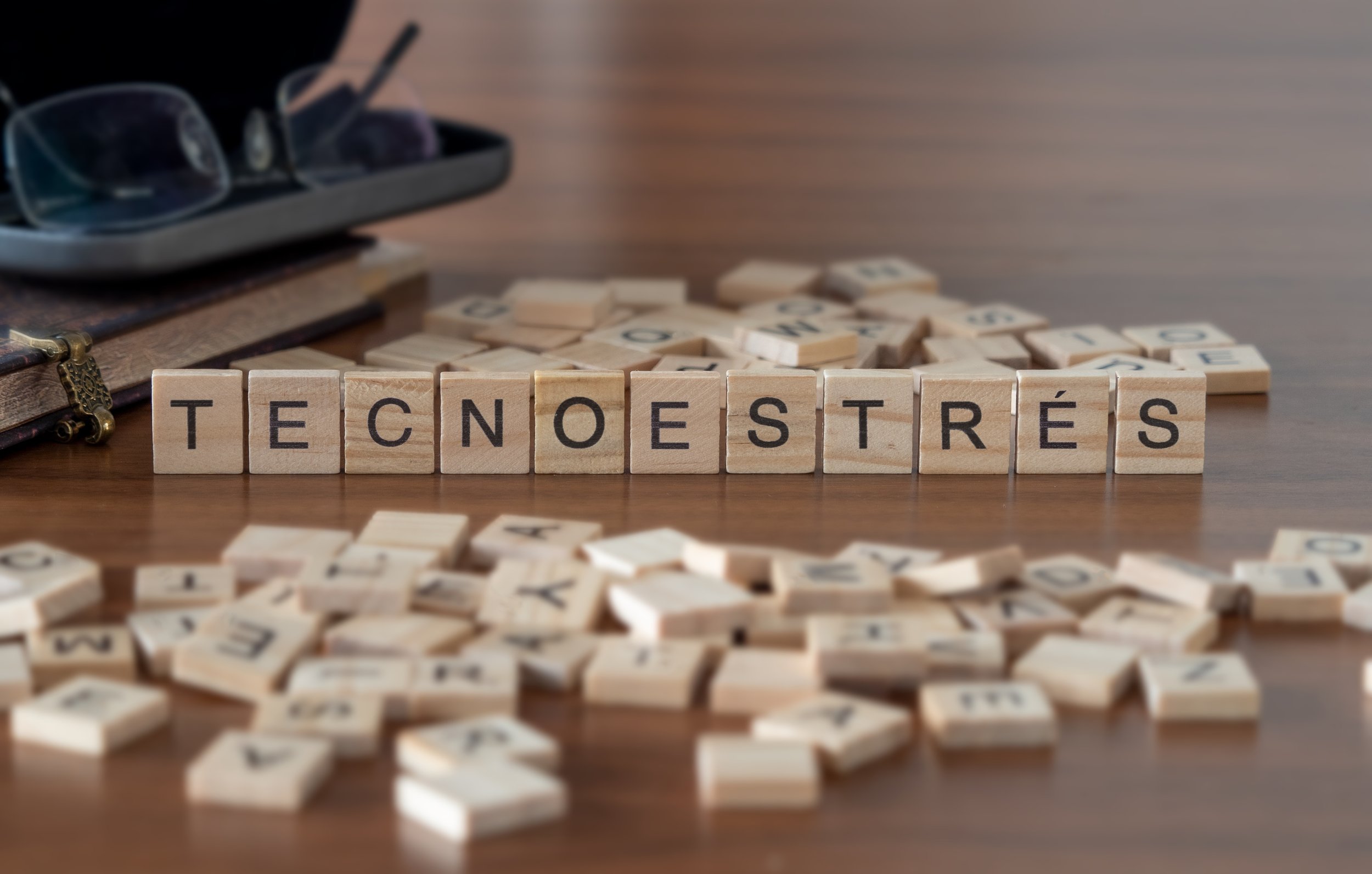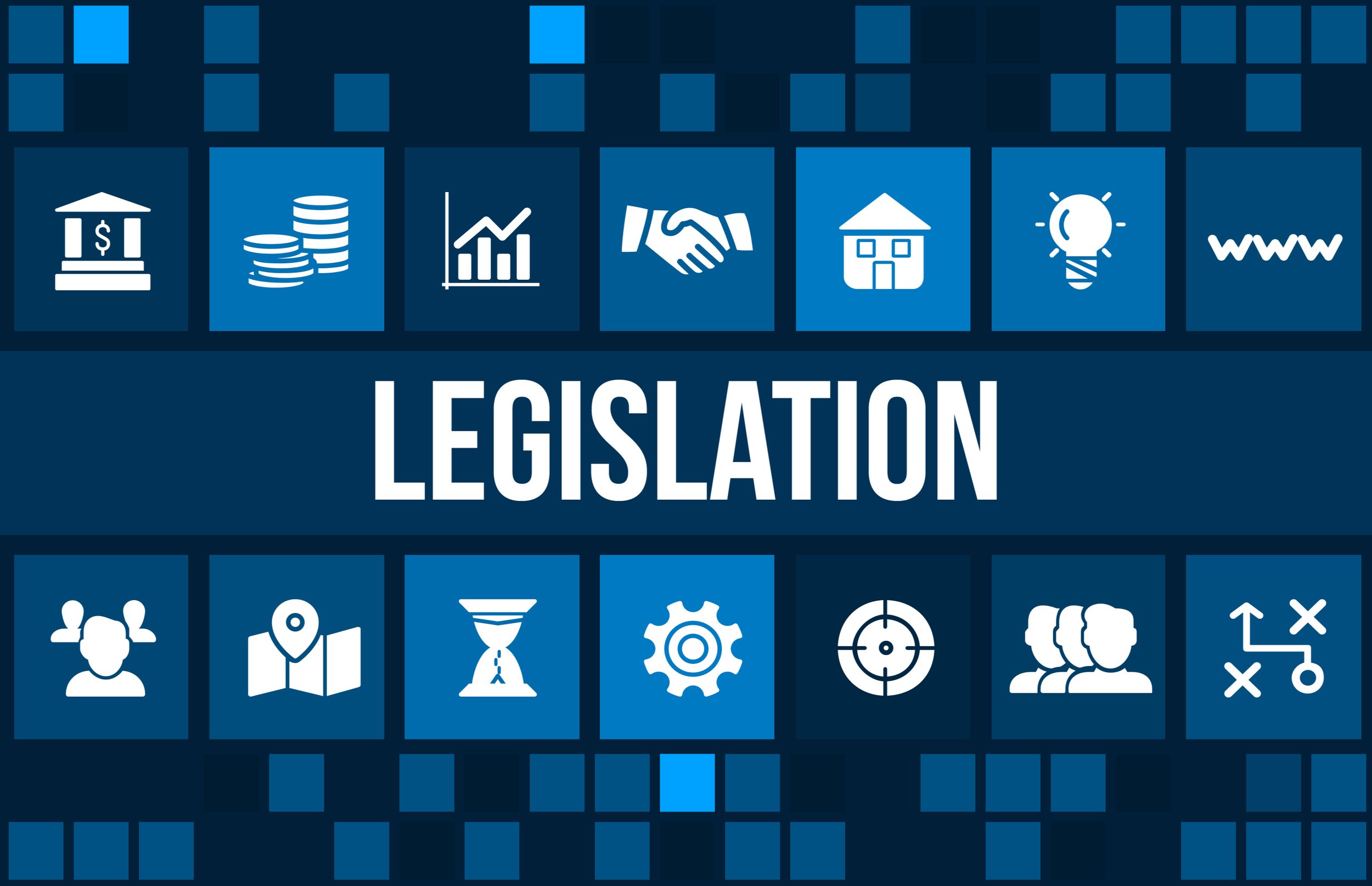MTC: How The Tiktok Ban May Affect Legal Advertising And Client Communication!
/Will a ban on "tik-tok” in the united states affect an effective way for lawyers with limited means find new clients?
Recently, the Biden Administration signed into law a "potential" ban on the popular social media application TikTok. TikTok is an application with a unique blend of short-form video content and algorithm-driven visibility loved by many - teenagers, adults, small businesses, big businesses, and more! It has emerged as a powerful tool for law firms and solo practitioners to showcase their expertise, demystify complex legal concepts, and build a more approachable brand image. Before everyone freaks out, including lawyers, about TikTok being shut down, this law gives TikTok nine months (with a possible three-month extension) to be divested from its parent company, ByteDance. So, what is the underlying problem?
ByteDance is accused of being a Chinese Spy. The U.S. Government believes the parent company will have unprecedented information on American Citizens that will cause a national security issue. This is a legitimate concern but, in reality, may not be justified given the available data American's already freely share on the internet. But, with discussions around national security concerns leading to potential bans or restrictions in various countries, the legal community stands at the precipice of a significant shift in digital communication strategies. Meanwhile, these legitimate security issues are buttressed against individual Constitutional rights of free speech and self-determination (of what to do with one’s own information).
Lawyers need to navigate how Federal laws, state laws, and state bar ethics may affect their social media presence!
The ban's most immediate effect on legal advertising stems from TikTok's role as a democratizing force in digital marketing. Unlike traditional platforms that require substantial investment in content creation and distribution, TikTok has allowed small businesses, including solo lawyers and small- to medium-size law firms, to reach potential clients through creative, engaging content without significant financial overheads. The platform's algorithm favors engagement over follower count, making it possible for even new practitioners to gain visibility among millions of users. Thus, a ban would close off a vital avenue for cost-effective brand building and a forum through which to cultivate new clients.
Moreover, TikTok has facilitated a unique form of client communication and community building that is especially relevant in today’s fast-paced digital environment. Legal professionals have leveraged the platform not only to advertise their services but also to provide valuable legal education and commentary on current events in an accessible format. This approach has helped demystify the law for many individuals who might otherwise feel intimidated by the prospect of engaging with legal issues or contacting a lawyer. In the end, the loss of this channel could significantly hinder efforts to make the law more accessible to the general public.
The ripple effects extend beyond direct marketing implications; they touch upon how law firms position themselves within an increasingly online world where social media presence is often synonymous with relevance and thought leadership. For many younger clients or those immersed in digital culture, a firm’s presence on platforms like TikTok signals openness to innovation and a willingness to communicate in relatable terms.
lawyers will need to figure out how their bottom line is affective if they can no longer use Tiktok as an economically efficient means of advertising and potential client communication!
In navigating these changes, law firms must reconsider their digital marketing strategies by exploring alternative platforms that offer similar engagement opportunities without running afoul of potential legal restrictions. (This can be challenging as lawyers need to be weary of federal laws, their state laws, their state bar ethics, and the laws of other states their TikTok ads may appear in - which could likely be all of them!) Adapting content strategies to fit new platforms while maintaining authenticity will be crucial. Moreover, firms may need to invest more heavily in other forms of digital marketing, such as search engine optimization (SEO), pay-per-click (PPC) advertising, or even revert back towards more traditional channels, albeit more expensive and less effective if those become the remaining alternatives. Thus, limiting their ability to reach new clients.
Understanding how a TikTok ban impacts legal advertising and client communication involves recognizing both its role as an equalizer in digital marketing for lawyers and its capacity for fostering meaningful connections with current and prospective clients. As restrictions loom on the horizon, navigating these shifts will demand creativity, adaptability, and foresight from legal professionals committed to maintaining robust lines of communication with their audience. All the while, lawyers will have to agonize if they should continue advertising on TikTok and if the investment they have already made in TikTok will require further expenditure to be retooled, if even possible, for other means of advertising.
It’s a mess right now, and I don't think lawyers need more to stress over. But here we are….
MTC
Happy Lawyering!


























